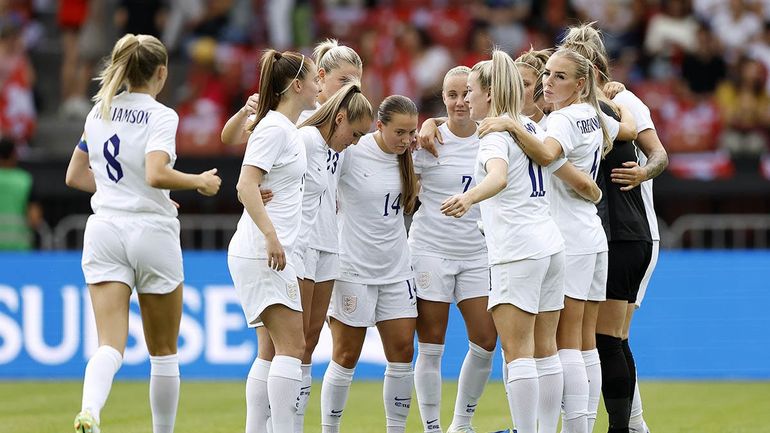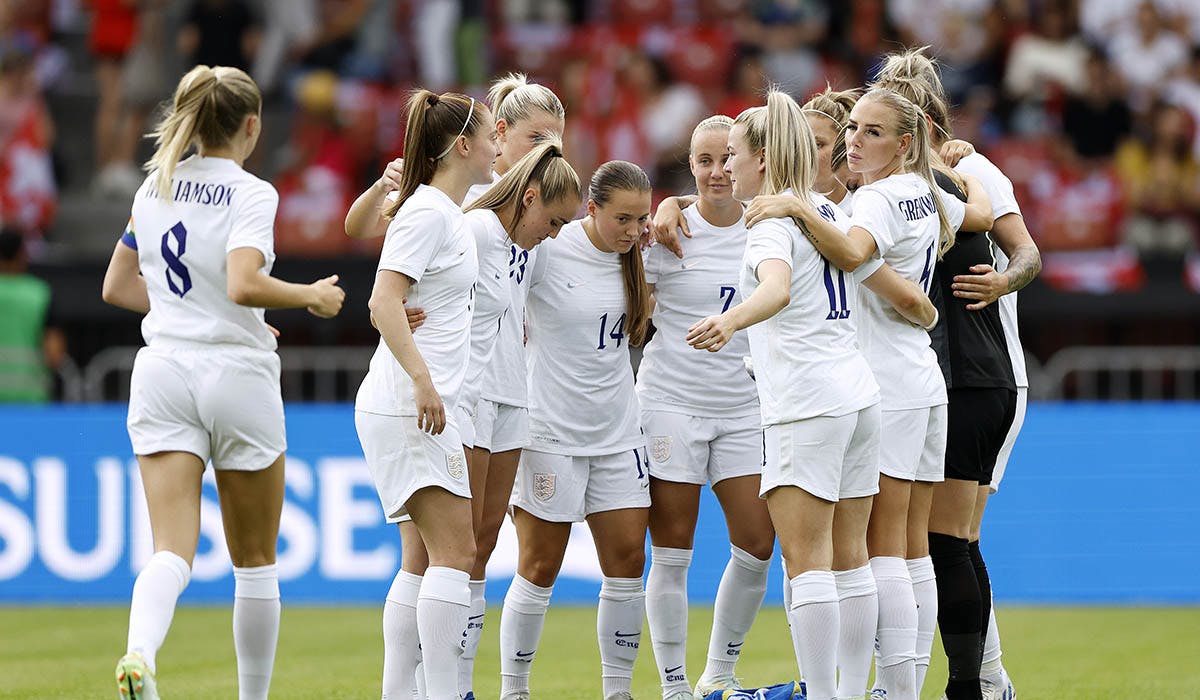
Women's Sports Viewership Surges to New Heights with Uncertain Future

Recent statistics released by the Women’s Sport Trust reveal a significant increase in viewership of women's sports during the initial months of 2024, surpassing all previous records. Despite this remarkable growth, the sustainability of this upward trend remains uncertain.
Lionesses Football Association
Photo by Lynne Cameron – The FA/The FA via Getty Images
UK TV viewership of women's sport is on the rise, breaking records with 20.9 million people tuning in for three minutes or more of coverage in the first four months of 2024. This surpasses the previous record set in 2023 of 20.6 million viewers, according to the most recent data from Women's Sport Trust and Futures Sport & Entertainment.
Increased coverage across both paid-for broadcasters like We and TNT Sports, as well as free channels such as BBC One and ITV, contributed to higher viewing figures.
Out of the total viewers, a third (6.8 million) are new to women's sports, with the rise in viewership attributed to free-to-view channels showing more football and rugby.
Women's sport is seeing growth, with rugby also making strides alongside football. The Guinness Women's Six Nations title decider in April attracted 1.3 million viewers, peaking at 1.9 million on BBC One. The tournament set a new record with 8.1 million people watching coverage for at least three minutes.
In the Barclays Women's Super League, viewing hours increased by 10% in the four months leading up to 30 April, totaling 31.6 million hours. The FA Cup saw an average audience of 537,000 for the rounds, up from 489,000 in 2023.
Despite the positive growth, Women’s Sport Trust CEO Tammy Parlour warns that the momentum may not be sustained. She notes that while it has been a good start to the year for women's sports, there is no guarantee it will continue, especially with the Lionesses not participating in a major women's football tournament this year. Parlour emphasizes that women's sports are still in a phase of trial and learning.
Brands need to activate their properties effectively, build on the storytelling around women’s sport and continue to create emotional connections with fans.
Tammy Parlour, Women’s Sport Trust
To ensure the growth of women's sport during periods without major tournaments for the Lionesses, impactful media coverage throughout the year is crucial. Brands must activate their properties effectively, focus on storytelling around women's sport, and maintain emotional connections with fans. Additionally, broadcasters need to prioritize the discoverability of all types of women's sports content.
Jess Carter, a Chelsea and England footballer, shared at the Festival of Marketing that women's football is more than just tournaments. She emphasized that it is played every Sunday and Wednesday, highlighting the importance of raising awareness and recognition for the sport. Jess expressed that she doesn't only play to represent England during national camps.
Editor's P/S:
The surge in viewership for women's sports in the UK is a testament to the growing recognition and appreciation of female athletes. The increase in coverage on both paid and free-to-view channels has played a pivotal role in attracting new audiences and showcasing the talent and excitement of women's competitions. The Guinness Women's Six Nations and the Barclays Women's Super League have set new viewership records, highlighting the growing popularity of rugby and football among female fans.
While the absence of major tournaments for the Lionesses may pose a challenge in sustaining the momentum, the article emphasizes the importance of continued media coverage and storytelling around women's sports throughout the year. Brands and broadcasters have a crucial role to play in promoting the discoverability and accessibility of women's sports content. By engaging fans on an emotional level and highlighting the ongoing efforts of female athletes, we can ensure that the growth of women's sports continues to flourish, even during periods without major tournaments.








